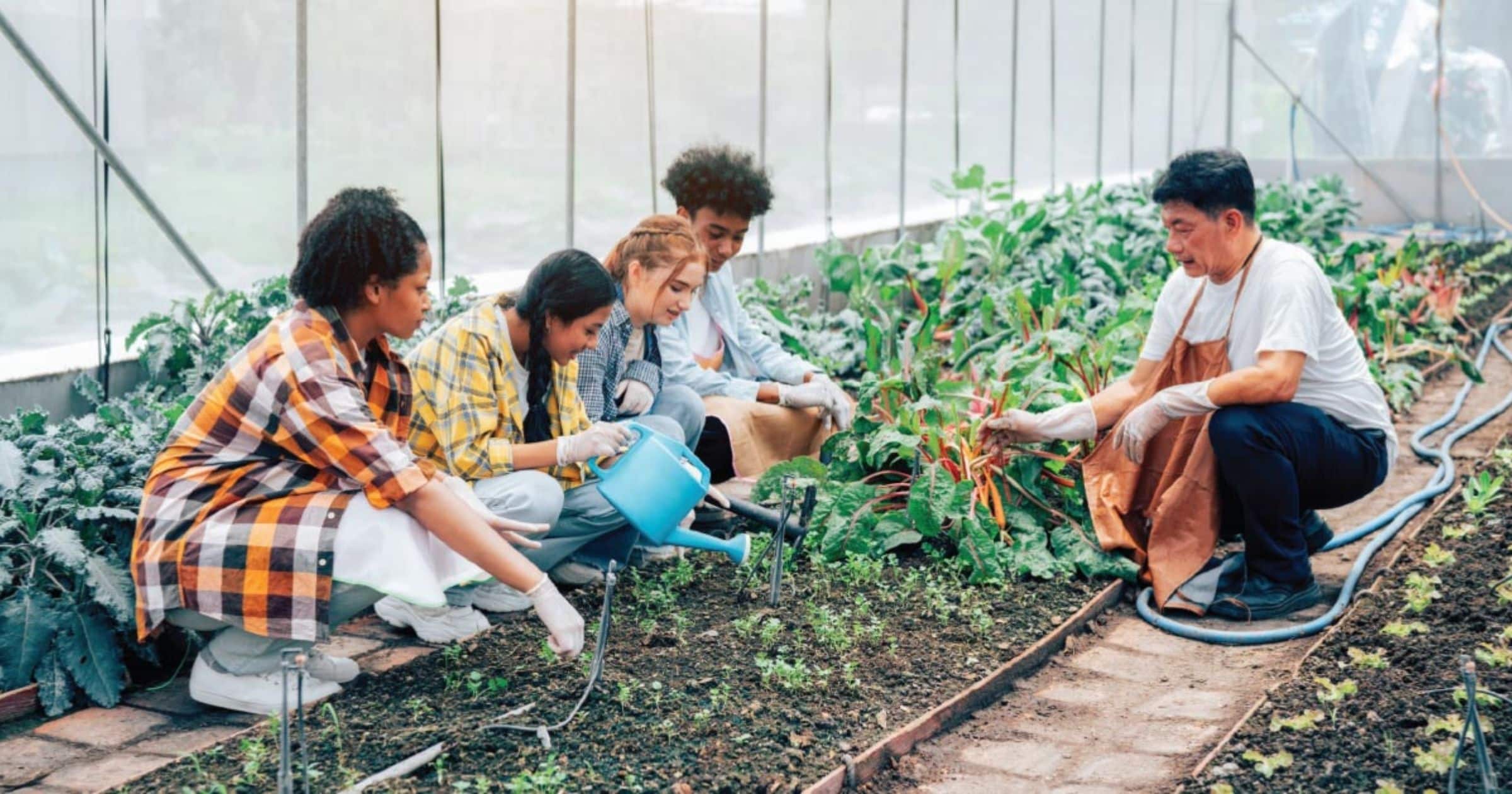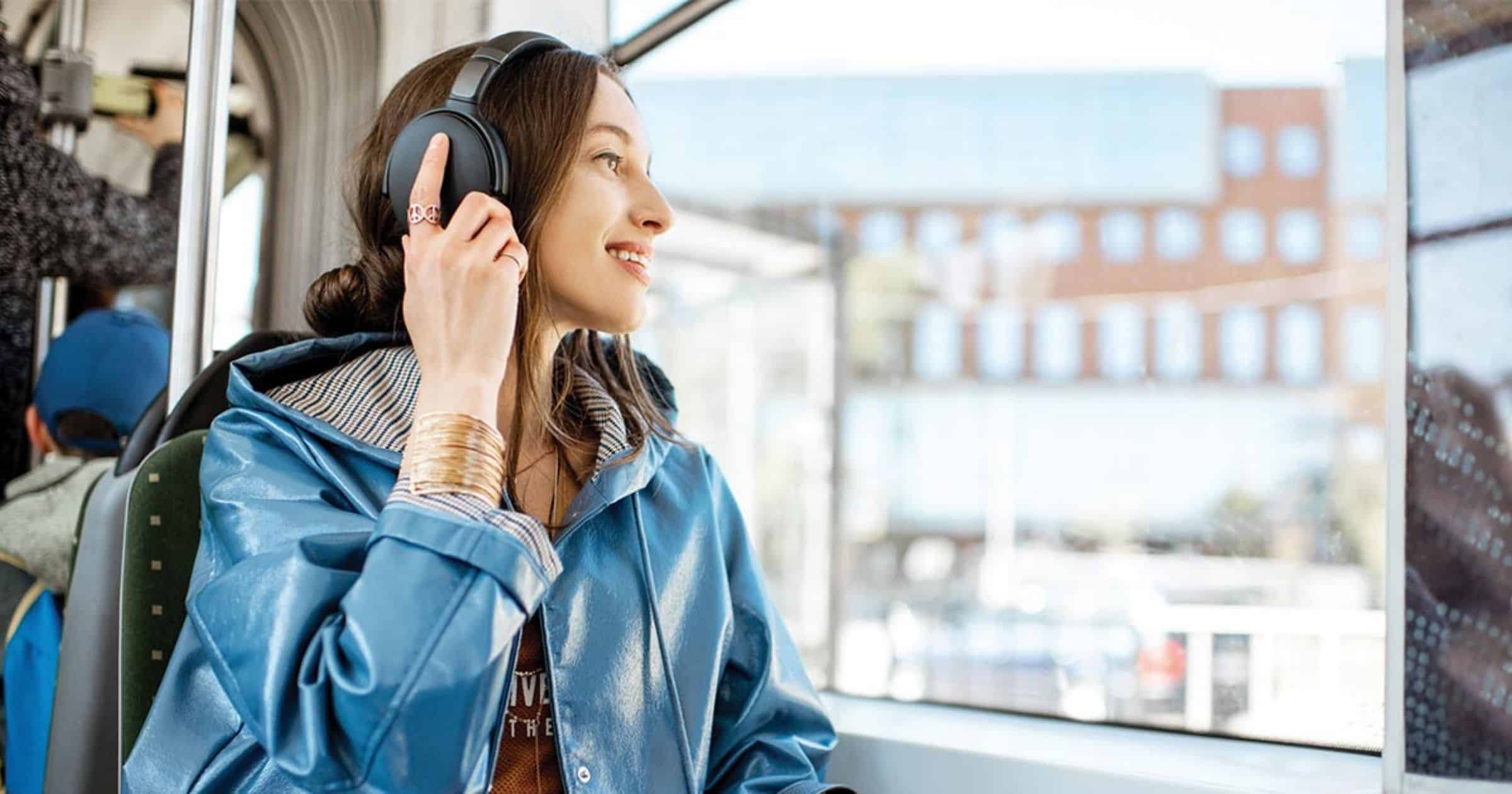A new trend in travel is voluntourism, a form of travel where individuals combine their passion for travel with a desire to contribute to a cause or community through volunteer work.
Voluntourism, also known as a service trip, allows for a deeper connection to a community, provides meaningful travel experience and presents opportunities for others to make a positive impact on the world. This is a chance for your students to engage in the community, interact with the locals and leave an impression on others and most importantly, themselves.
Voluntourism involves firsthand experiences and meaningful projects that support educational initiatives, protect endangered wildlife, promote environmental sustainability, or help with community development. Years ago, I taught a college study abroad class in Greece. As an instructor, I was determined to engage my students with the locals and not just be sightseeing tourists.
We spent a day in a small Greek village interacting with the residents. The purpose was to give back and make a positive impact while exploring a new place. The students taught American songs, games, and dances to the locals and in turn, they taught my students Greek dances, songs, and games. The villagers prepared Greek cuisine, played Greek music, and spent two hours conversing with the students about life in a small village and in Greece.
At the end of our three-week excursion, I asked the college students’ their favorite aspects of the study abroad course. Of course, they loved visiting the Acropolis, seeing the original location of the Olympic Games, and going to Greek Isles, but their fondest memories centered on the day spent in the small Greek Village. This interaction provided them with a deeper understanding, an authentic and immersive experience, and a deeper connection to Greece.
Three years ago, 18 American teachers joined together to train Uganda teachers. We traveled there for the sole purpose of voluntourism-to contribute and improve their educational system. The goal was to share our knowledge and skills with their educators and in turn, learn about the Uganda educational system and culture. Once we arrived in Uganda, we went through rigorous training to learn the most effective methods of educating them.
Depending on our academic expertise, we were placed in schools) and assigned to Uganda teachers who taught similar subjects. Because I am a professor who teaches recreation and tourism courses, my assignment was a bit out of my comfort zone. I worked in two primary schools with English Literature teachers. My goal was to show them effective teaching methods, critique their teaching style and give advice on how to be better teachers. Little did I know that my month-long experience would be so much more than simply sharing teaching techniques—the experience allowed me the opportunity to contribute to real-world challenges, develop a deeper understanding of the Uganda people and create a lasting impact.
When I first arrived, it was an eye opener to see the basic schools with dirt floors, limited electricity, and outhouses. Each day, the students walked to the river to fill up buckets with water so they had access for the day. Most food served for lunch was grown on the school property. Many of the students did not own shoes, wore dirty school uniforms and carried a razor blade to sharpen their pencils. The students sat three abreast at small tables while the teacher wrote lessons on a chalk board. There were no textbooks or computers. Despite the simplicity, they listened intently, took notes, and learned.
At the start of each day, the students did a traditional dance, and teachers incorporated songs into their classroom lessons. This method of teaching was unlike anything that I had experienced, but it worked. As a long-time Girl Scout camp counselor, I did not hesitate in joining the Uganda students in songs and dance, amusing the children, teachers, and school administrators. I taught my classes a Girl Scout song, “Make New Friends.” Soon, other teachers at the school requested my presence to teach their students this song. By the end of the month, the entire school had learned the words.
As soon as I arrived at school each morning, the children hugged me and held my hand as they walked with me to the classroom. They sat next to me as they ate lunch and touched my curly hair and pale skin. Together, we fostered an understanding and appreciation for each other’s cultures. It was a rewarding experience for both the Uganda and American educators and the children.
I highly recommend educators engage their students in voluntourism experiences while traveling. The benefits for the students and educators include personal growth and development, cultural immersion, sense of purpose and fulfillment, experiential learning, skill development, networking, and friendships.
Teachers should be selective in the type of program that they engage in to make sure it does not exploit communities or create unsustainable situations. Educators should do their homework and choose reputable organizations that prioritize the needs of the local communities. Some key organizations include International Volunteer Headquarters, Global Volunteers, Peace Corps, United Nations Volunteers, International Student Volunteers, and International Service Learning.
How does the host community benefit from voluntourism? The locals reap economic benefits, have local needs addressed, gain capacity building of skills and knowledge, and get an increased awareness of global issues.
The song “Make New Friends” sums up why voluntourism should be incorporated into educational travel: “Make new friends, but keep the old. One is silver and the other is gold. The circle is round. It has no end. That’s how long I want to be your friend.”
Written by traveling educator Julie Beck.




